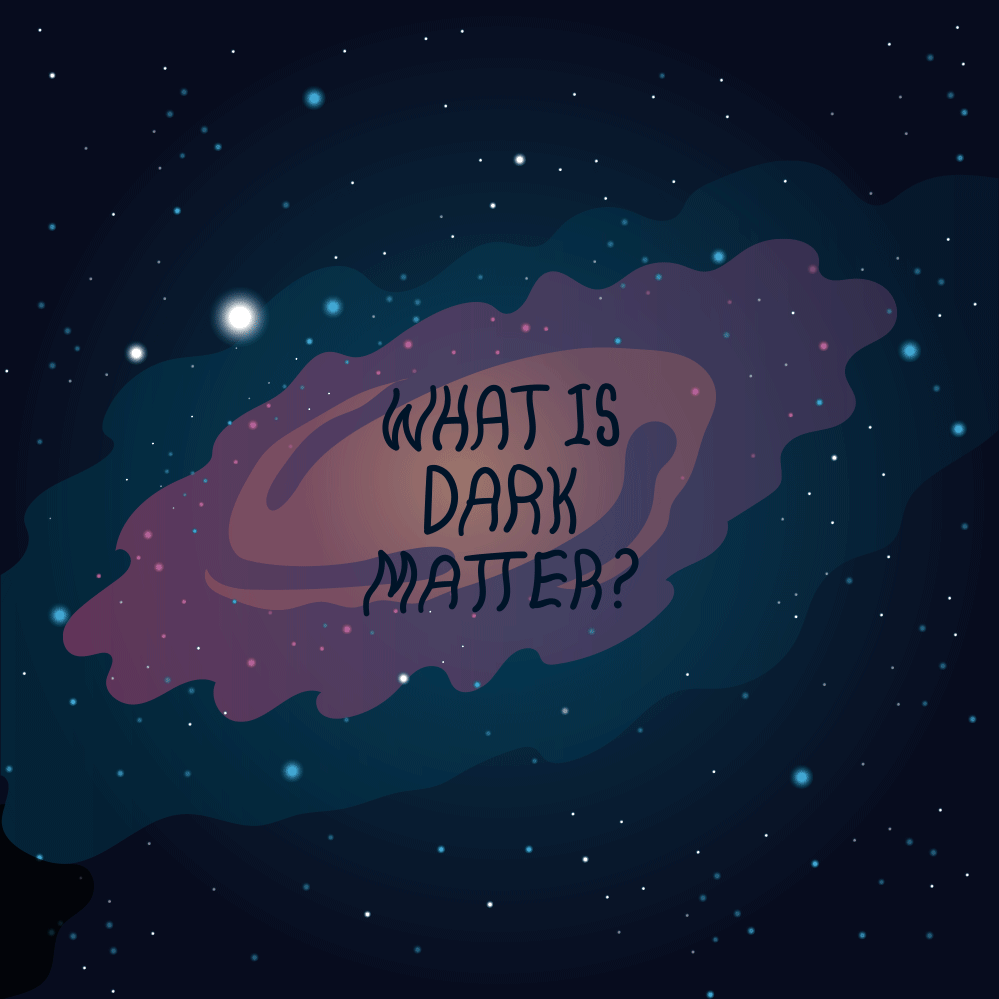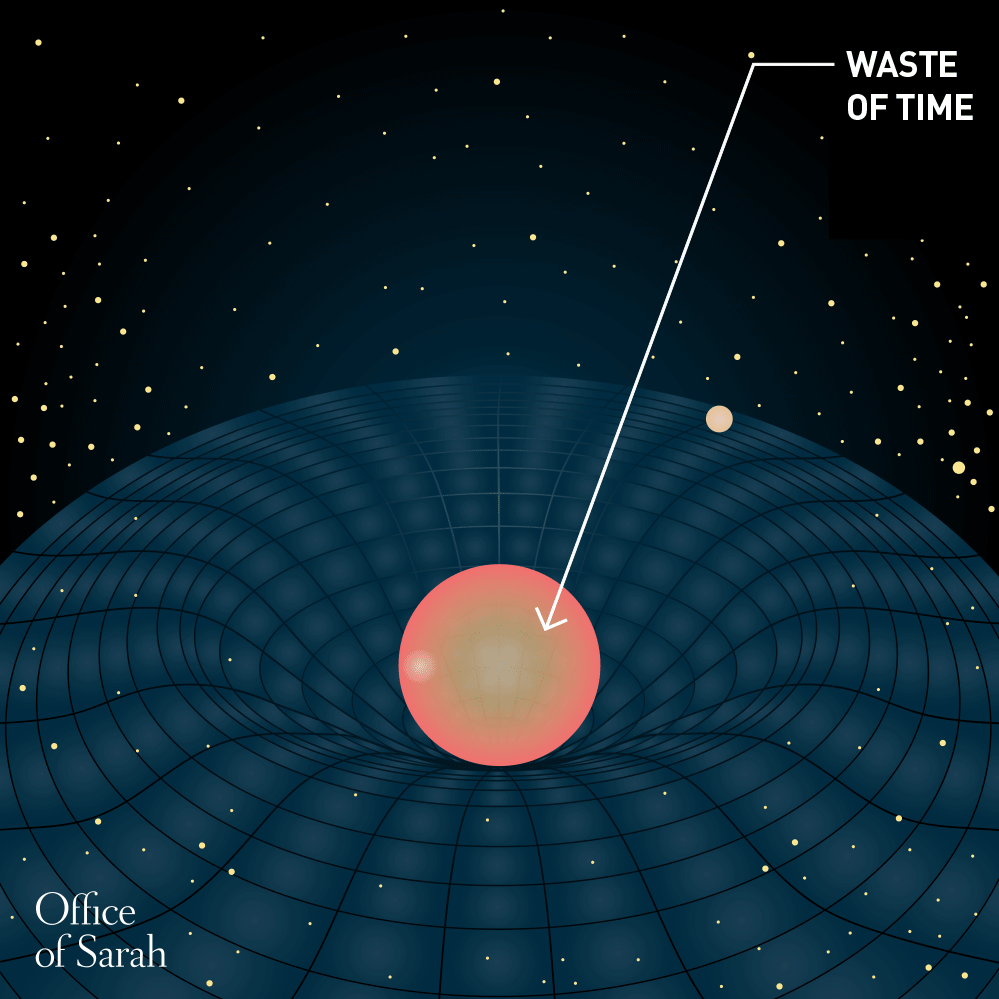The New Productivity.
We’ve been told our whole lives that productivity is about making and selling shit fast. I’m sure you’ve heard the productivity zealots’ battle cry of “moving fast and breaking things”. Facebook’s Mark Zuckerberg is credited with coining the term, but the whole tech industry and (who are we kidding) pretty much every other capitalist company in existence, have followed this motto for decades.
And there is something appealing about this approach, isn’t there? So speedy! So irreverent! However, even if the context and intent could be justified, there’s also something about it that feels akin to combining the long-term planning capabilities of a goldfish with the logic of a 6-year-old hopped-up on sour candies. In other words, at best it feels amateur: at worst, childishly oblivious and self-serving. “Move fast and break things” has a spirited and zestful energy, but it certainly begs the question — who’s going to fix all this broken shit?
Disposing of Disposability
There are many, many areas that we could look at and discuss in relation to this “move-fast-and-break-things” approach to life, but the one that has been bothering my brain of late is how it has influenced and helped build a culture of disposability. In the context of business, it’s driven people to produce a large quantity of products “cheaply” (of course, it only looks cheap if you aren’t paying for the true environmental and human cost) and so quickly that you don’t have to emotionally or logically process what you’ve shattered as you zoom by.
I think we can all admit that building low-quality, harmful, and (often) useless products en masse has never been a good long-term humane strategy. And let’s be honest, this is the (embarrassing) game strategy we’re all currently playing: we live in a society of disposable things, from sweatshop fast-fashion to plastic forks. These products are often destructive from cradle (chopping down ancient forests, refineries filling the air with carcinogens) to grave (heavy metals leaching into the ground below landfills, plastic islands floating in our oceans).
It’s not just that there’s a culture of disposability: it’s the speed and regularity that we participate in it. Even “good” products seem designed for immediate redundancy, in a span of time that can often be measured in minutes-to-months, not years-to-decades. Case-in-point: to keep working as a graphic designer, I’m forced to continually upgrade my Apple hardware so it can process new RAM-hungry software. Are you still using your first iPhone from 2007? I’d bet a brand-new iPhone you’re not. In fact, we (humans) created 53.6 million metric tons of e-waste in 2019, and even progressive companies (like Apple) haven’t really figured out how to fully re-use their own old electronics. In fact, only about 20% of e-waste is recycled globally every year, and recycling in itself isn’t as effective as you’d think.
I say! For creatures that pride ourselves on our ability to plan and think ahead, we seem inexhaustibly terrible at it.
Not only is this consume-and-discard the only way of life we’ve ever known, but many of us feel mired in it, stuck up to our calves and staring at the mud, with no idea how to break free. Lord knows people have tried doom-and-gloom “do-this-or-else” narratives for decades with no luck: has scolding ever been an effective medium for change?
What I’m excited about is that people are starting to seriously push-back against the narrative of “build-fast-break-things”. Like, not just virtue-signalling but feeling it on a deep, personal level. We have books like Carl Honoré’s In Praise of Slow trending, and people like Áine Kerr starting companies and conversations about a future of “moving slow and fixing things”. If people aren’t quite deleting their social media accounts yet, they are certainly not idolizing these companies and their cultures at the same levels. For every would-be entrepreneurial creator driven by speed and profit, I now see a would-be inventor driven by an idea of thoughtful undoing, asking a previously uncommon question: how do we un-create something?
The Future of Productivity
My forecast? Building things will no longer be the issue. It will be about un-building things. Productivity is going to become defined by the goods and services we un-create. How can we take carbon out of the air? How can we restore forests? How can we build our electronics to last us 5 years, 10 years, a lifetime? How do we get rid of nuclear waste? How can we safely breakdown and actually recycle plastics (yup, did you know that only 9% of what we put into the blue bins actually gets recycled)?
These are really interesting problems. And you know what else? Solving them would be a really productive use of our time.
“Moving fast and breaking things” is so last year. The new black is about Moving gently and healing shit.







